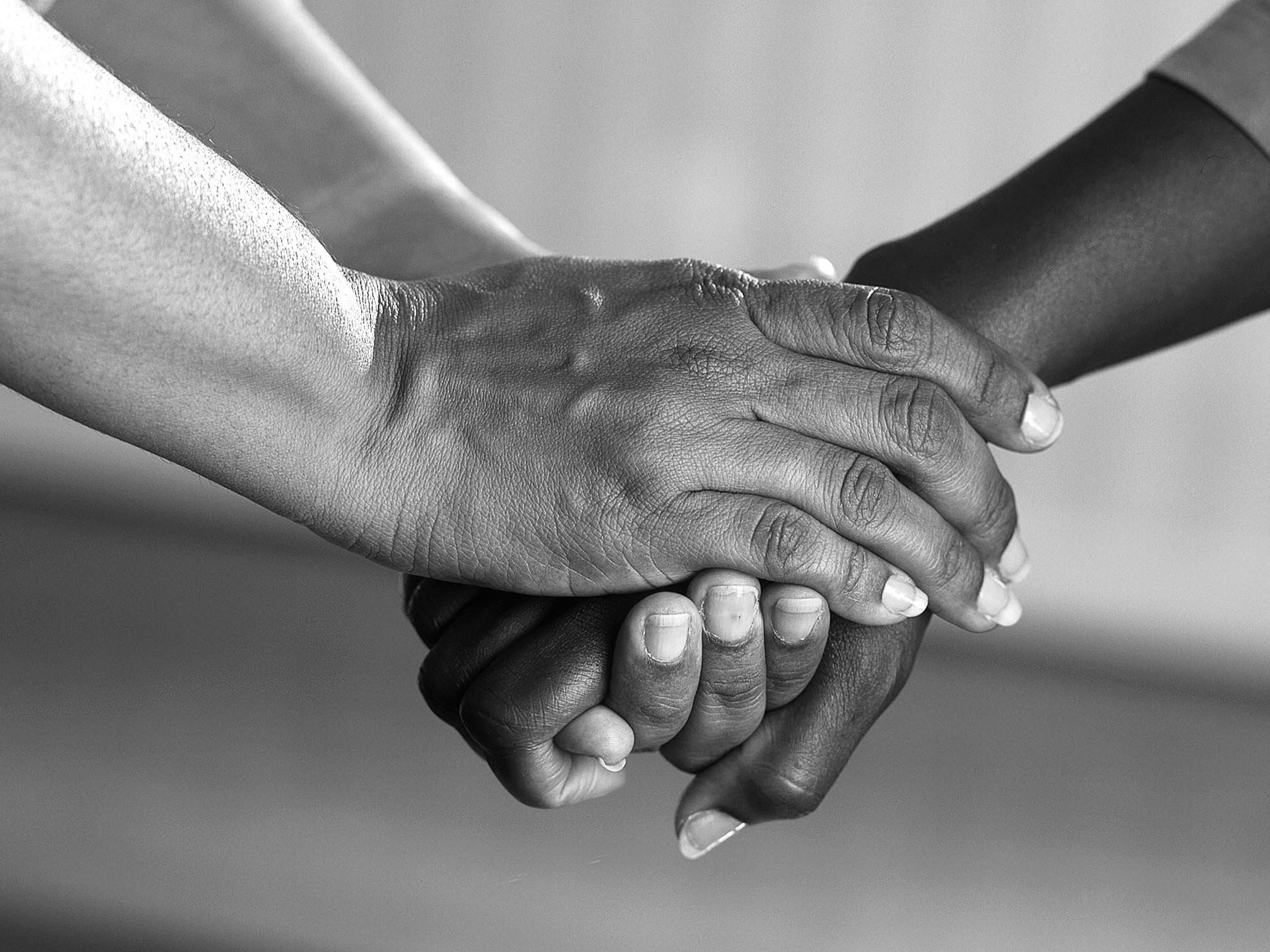
Humanitarian & Compassionate Considerations
If you are not eligible for other categories of permanent residence, but believe you would experience unusual and undeserved or disproportionate hardship if you were required to leave Canada, this type of application may be for you.
What is a Humanitarian and Compassionate application?
Many applicants for permanent residence will fall within the family reunification, economic or refugee classes. Some, however, will not meet the requirements of these programs but still have compelling reasons for permanent residence in Canada.
Humanitarian and Compassionate applications (H&Cs) are a Canadian permanent residence application made from within Canada. If you are currently living in Canada, are not eligible for permanent residence from within Canada through other classes (like express entry or spousal sponsorship), and believe you would experience unusual and undeserved or disproportionate hardship if you were required to leave Canada, this application may be for you.
When preparing your H & C application, some factors to include are:
Ties to Canada;
The best interests of any children directly affected by the H&C decision;
Factors in their country of origin including adverse country conditions;
Health considerations including inability of a country to provide medical treatment;
Family violence considerations;
Consequences of the separation of relatives;
Inability to leave Canada has led to establishment (in the case of applicants in Canada);
Ability to establish in Canada for overseas applications;
Any unique or exceptional circumstances that might merit relief.
What is the difference between H&C Applications and H&C Considerations?
Applicants who qualify for economic and family reunification programs but are inadmissible to Canada (criminality, misrepresentation, medical etc.) may also request their inadmissibility be waived for H & C reasons.
In these cases, the applicant's hardship must outweigh their inadmissibility. Applications are assessed on a case-by-case basis and approved only in exceptional circumstances.
Section 25 of the Immigration and Refugee Protection Act
Section 25 is a very important provision in Canada's immigration Act. In 2015 the Supreme Court of Canada issued its most significant immigration judgment in almost twenty years, the Kanthasamy v. Canada (Citizenship and Immigration) decision. This decision changed the way officers assess applications for Canadian permanent residence on H&C grounds using a much more holistic approach.
The Kanthasamy decision determined that officers making determinations on H&C applications must consider and weigh all the relevant facts and factors and need not evaluate them against overly strict criteria as previously seen. It also noted that when assessing the interests of children, it is insufficient for officers to simply state they were taken into account; they must be "well-identified and defined" and examined in great detail.
Section 25 applies to both applicants who wish to come to Canada and to those who wish to remain in Canada but are ineligible for technical, medical or criminal reasons.
Who cannot apply for an H&C Application?
Under section 25, failed refugee claimants are barred for twelve months from applying for an H&C application. This bar does not apply to refugee claimants who have dependent children who would be adversely affected by the claimant's removal or if a claimant or their dependent has a life-threatening medical condition that could not be treated in their home country.
How can NextGen help with your H&C application?
H&C applications are one of the more subjective processes in immigration. Decision-making is based solely on the information and documentation submitted for consideration, and the officer has broad discretion when deciding on an H&C application.
NextGen can help you prepare and submit an application that establishes the hardship you would face by leaving Canada. We've helped thousands of clients, and we can help you too!
